As if they had not suffered enough by unluckily catching SARS and having to fight for their lives, survivors of the severe acute respiratory syndrome outbreak in Hong Kong in 2003 have had to endure years of follow-up treatment — and stigmatisation — for their ongoing health problems. A study has found that some survivors joined a tai chi class at a SARS patients’ self-help group to improve their health and for camaraderie among fellow victims, only to discover that practising tai chi together has become an important way for them to cope with current and future stigmatisation.
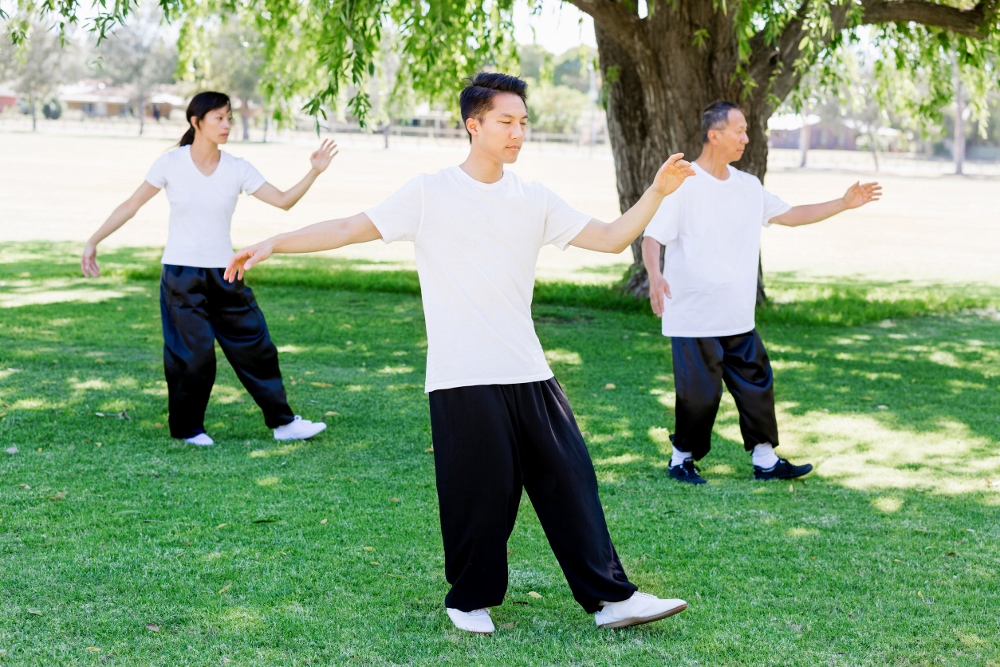
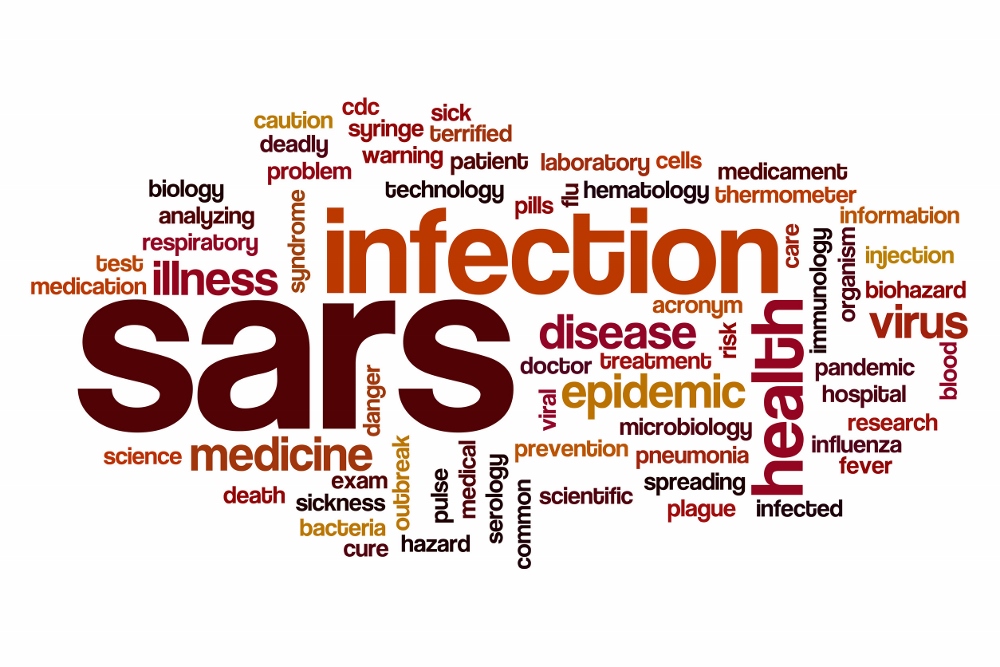
More than a decade ago, the city was gripped by a mysterious, fatal disease that subsequently became known as severe acute respiratory syndrome (SARS). The uncertainty extended to the medical treatment that SARS patients received, with various drugs and dosages tried out to curb the disease and its effects on the body. While the epidemic has long since faded from the spotlight, survivors are still trying to live with the lasting damage the SARS coronavirus and the drugs afflicted on their health. Physically, they were left with bone-tissue death (osteonecrosis), scarring in their lungs, abnormal heart beats, and impaired cardiopulmonary functions; psychologically, they have been suffering from insomnia, depression, anxiety disorder, or obsessive-compulsive disorder.
Many people who have long-term ailments or illnesses turn to complementary and alternative medicine (CAM) because of their health beliefs or because they have not seen as much improvement in their symptoms as expected from mainstream Western medical treatments. Noting that tai chi is one of the most popular forms of CAM in Hong Kong and that there were very few studies of CAM usage among SARS survivors, Dr Judy Siu Yuen-man, Assistant Professor at PolyU’s Department of Applied Social Sciences, decided to find out about tai chi practice among SARS survivors in Hong Kong and their reasons behind their taking it up.
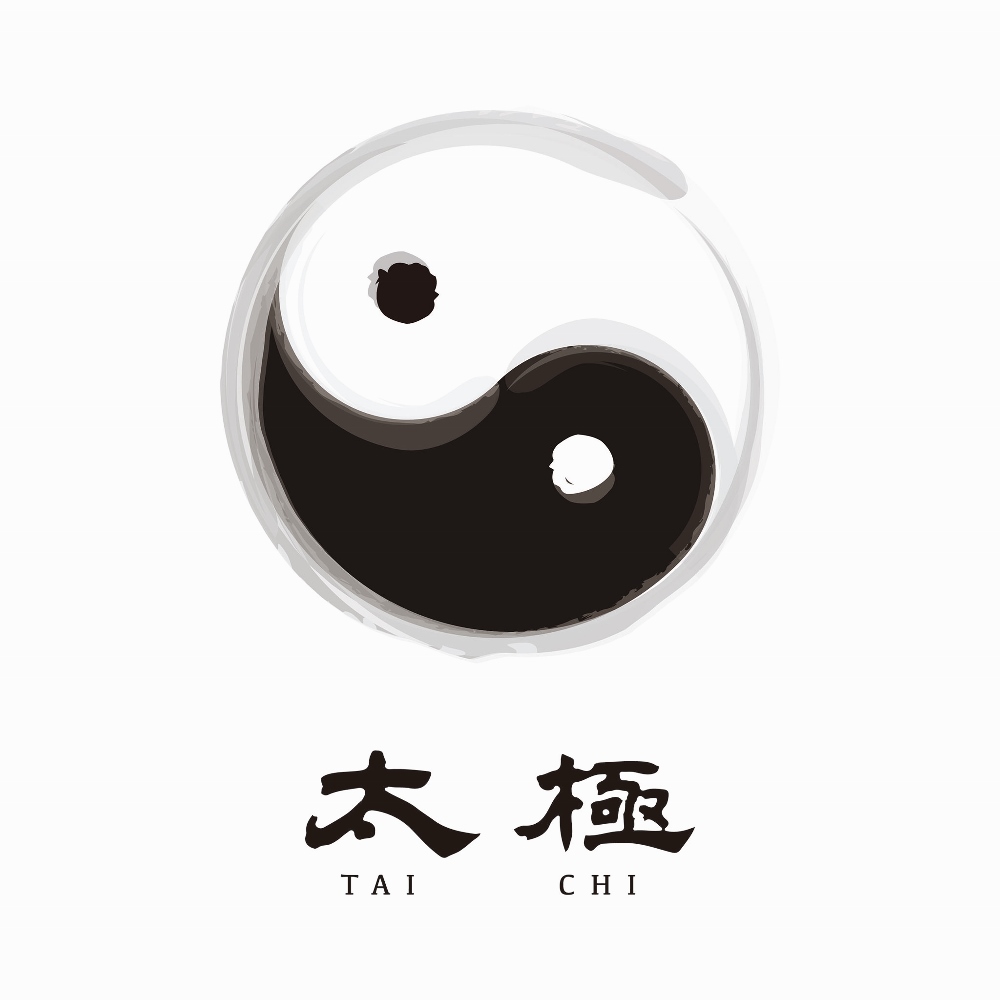
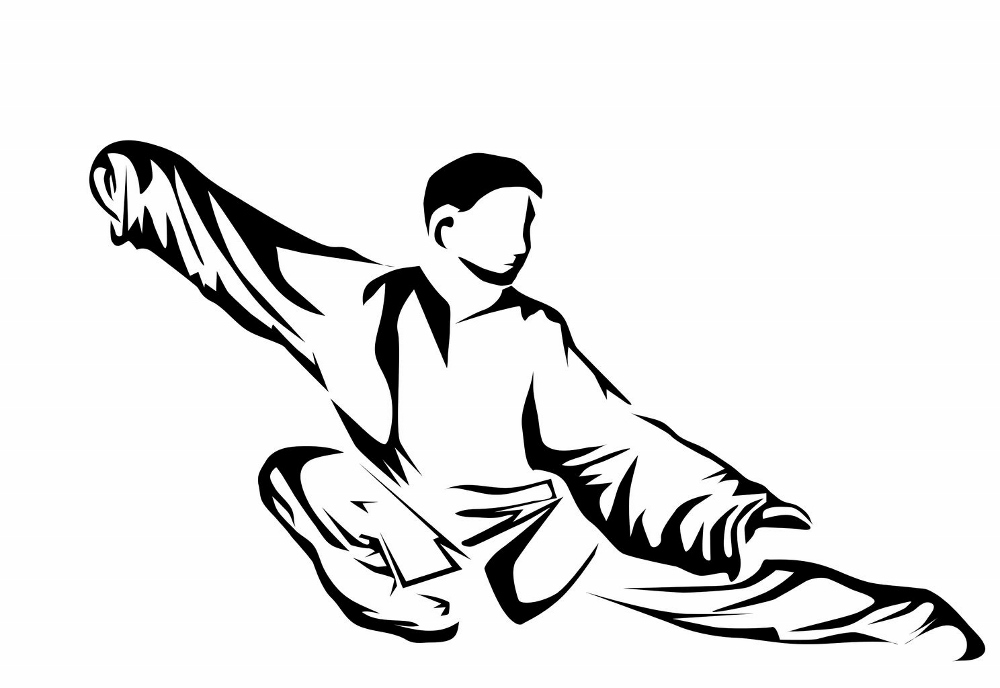
Thirty-five SARS survivors from a total of 60 who had enrolled in a tai chi class organised by a SARS patients’ self-help group in 2006 and 2008 consented to take part in Dr Siu’s study. All of the 60 had met Dr Siu’s sampling criteria of having caught SARS during the 2003 outbreak, were still suffering from negative physical and psychological conditions as a consequence of SARS, had received mainstream medical follow-up treatment for those conditions, had taken up tai chi after the SARS outbreak, and were Hong Kong Chinese.
In a private room arranged at the self-help group and using a list of open-ended questions she prepared beforehand, Dr Siu conducted an in-depth, semi-structured interview of up to 2 hours with each participant individually. Each interview was audio-recorded by Dr Siu with the prior permission of the participant. All of the interview recordings were then transcribed verbatim by Dr Siu.
Using thematic content analysis of the transcripts, Dr Siu identified 5 interrelated types of motivation why the participants took up tai chi sometime after they had started receiving follow-up treatment at public outpatient clinics.
All of the participants reported they initially tried tai chi because they wanted to see if they could do a non-strenuous form of exercise to slow the deterioration of their physical health, given their osteonecrosis and reduced cardiopulmonary functioning. Almost all of them expected practising tai chi would also bring them some relief from their negative psychological conditions and lessen their emotional suffering.
The participants also expressed dissatisfaction with their follow-up medical and rehabilitation treatment. They perceived a lack of improvement in their physical health despite years of treatment. More than half of the participants also reported scepticism and a lack of empathy by health care providers, particularly doctors, towards their ongoing physical health problems. Several participants said they were referred to psychiatric outpatient clinics by their doctors for emotional problems arising from what they believed were misdiagnoses of imagined ailments (hypochondria).

The participants’ dissatisfaction was amplified by the unequal power inherent in patient–doctor consultations, with the participants’ reporting that they felt passive, insecure, and powerless during their follow-up treatment. The participants who had been referred to psychiatric outpatient clinics felt a further form of degradation: that of being labelled a psychiatric patient and the social stigmatisation and self-stigmatisation that came with it. More than half of the participants practised tai chi to regain some sense of control over their health.
Many of the participants also reported that friends, relatives, and colleagues stopped socialising with them after they learned they were receiving follow-up treatment, with at least 1 participant speculating that perhaps they thought that a SARS survivor was still infectious. Other participants who had not lost their original social circle reported they still found themselves ostracised during outbreaks of emerging infectious diseases, such as swine flu, as if their weakened physical state would make them more susceptible to catching new diseases. More than half of the participants joined the tai chi class to make new friends among other SARS patients whom they assumed would be more supportive.
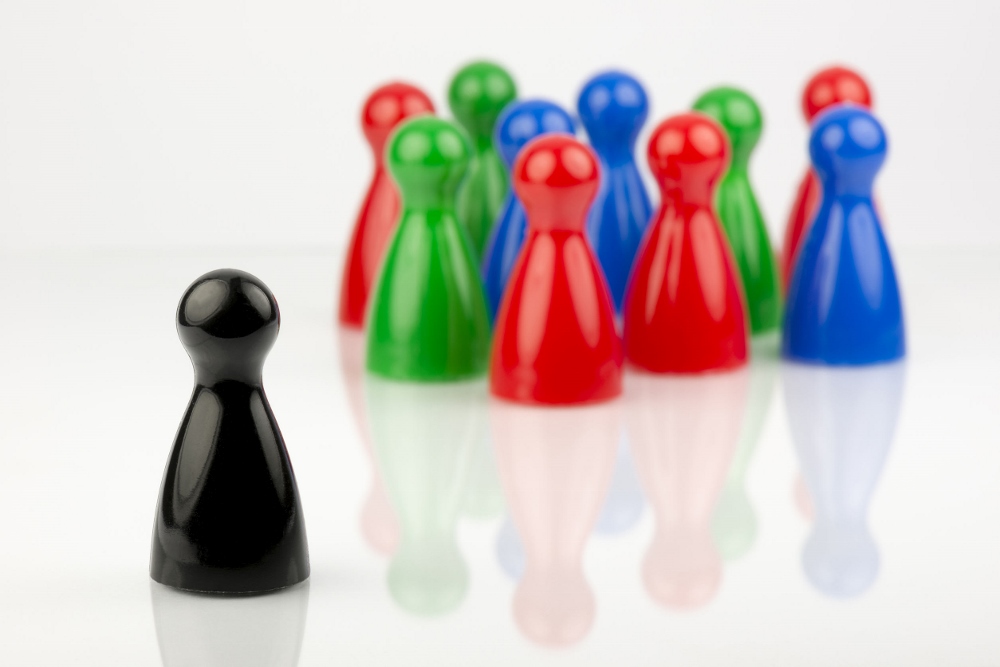
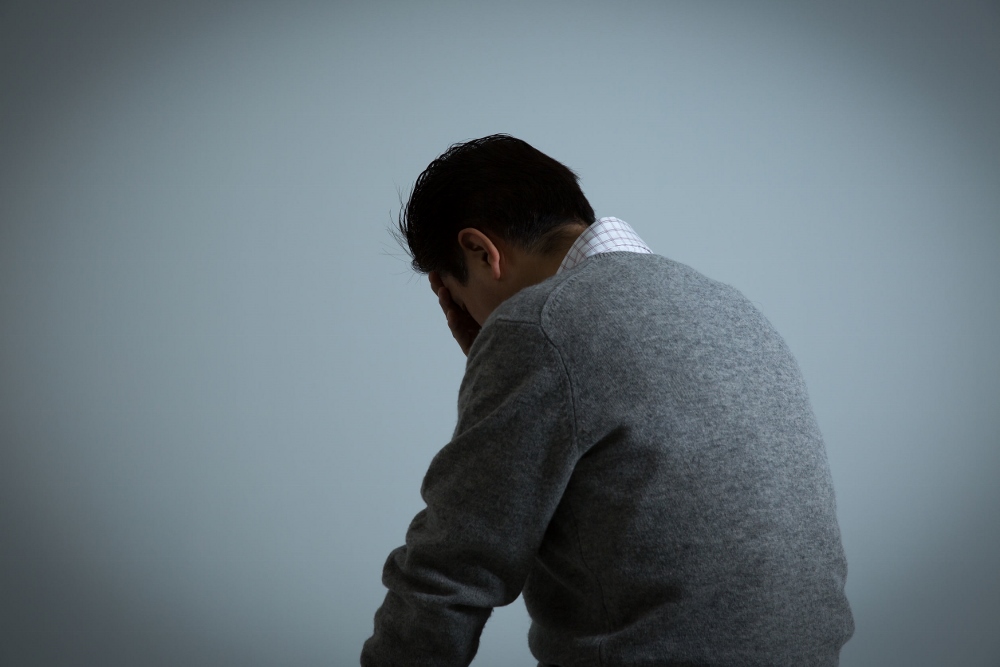
And, last but not least, the participants were motivated to practise tai chi to protect themselves from stigmatisation during future outbreaks of potentially fatal infectious diseases. They reasoned that tai chi could perhaps improve their health and help them to fight off future infections, which would reduce their chance of additional stigmatisation. Moreover, it also enabled them to tell other people they were making a proactive effort to improve their health, which they hoped would deflect future stigmatisation. At least 1 participant said having a new social circle of other SARS survivors would also help them to more easily overcome any new stigmatisation in the future.

Interestingly, only about half of the participants reported experiencing any improvement in their health and emotions from practising tai chi. Most of the other participants reported that although they did not know if tai chi could improve their health, they practised it because they believed it was better than doing nothing for their health. More poignantly, they regarded the regaining of social acceptance through new friends comprising fellow SARS survivors was of greater importance to them than whether tai chi actually improved their health.





